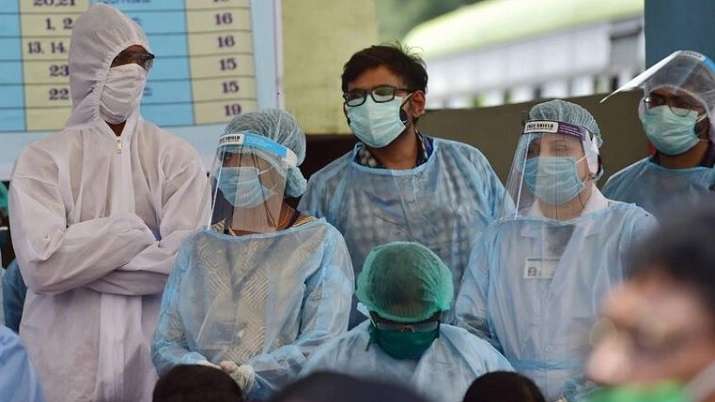
So far, we know that vaccines for coronavirus work by teaching the human body to identify the virus. Hence, upon exposure to the virus, our immune system will be ready to fight the infection. Here’s everything we know on the case of the COVID-19 vaccine breakthrough cases
What are the COVID-19 vaccine breakthrough infections?
A COVID-19 breakthrough case is a positive coronavirus diagnosis in people with full immunity. Hence, despite having peak immunity, people will have all symptoms and some levels of complications. Most vaccinated people experience fewer complications and risks. However, there is always a chance of infection upon exposure.
Breakthrough cases reports usually follow the release of the vaccine. Unfortunately, this is not possible with the COVID-19 vaccines. This is because COVID-19 vaccines are experimentally made and underwent a lot of development. According to the Centers for Disease Control and Prevention (CDC), variants could play a role in some breakthrough cases. However, evidence proves that the vaccines used in the United States provide protection against them.
Are the new variants linked to new infections?
Scientists believe that a rise in the vaccinated population leads to a rise in the number of COVID-19 vaccine breakthrough cases. Moreover, there is a rise in positive cases among the vaccinated population in countries like Israel and the US. Additionally, there is a rise in the number of variants. And, these variants have properties that surpass the antibodies from SARS-CoV-2. They can also make antibodies from the COVID-19 vaccine ineffective.
Similarly, variant-driven positive cases are on the rise in areas with lower vaccination rates. This means that as long as the vaccination rates are low and the spread of variants is high, there will be an increase in coronavirus infections. After all, covid-19 variants do not just pose a risk for unvaccinated but also the vaccinated population.
